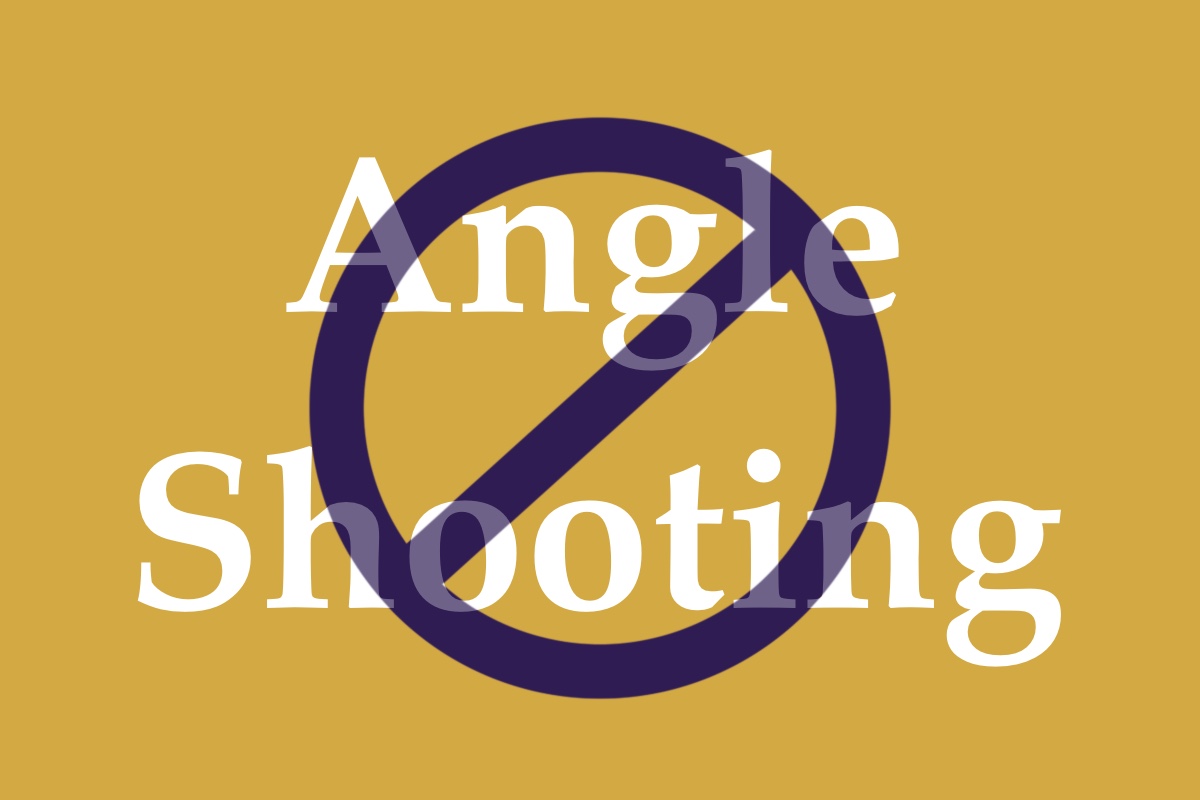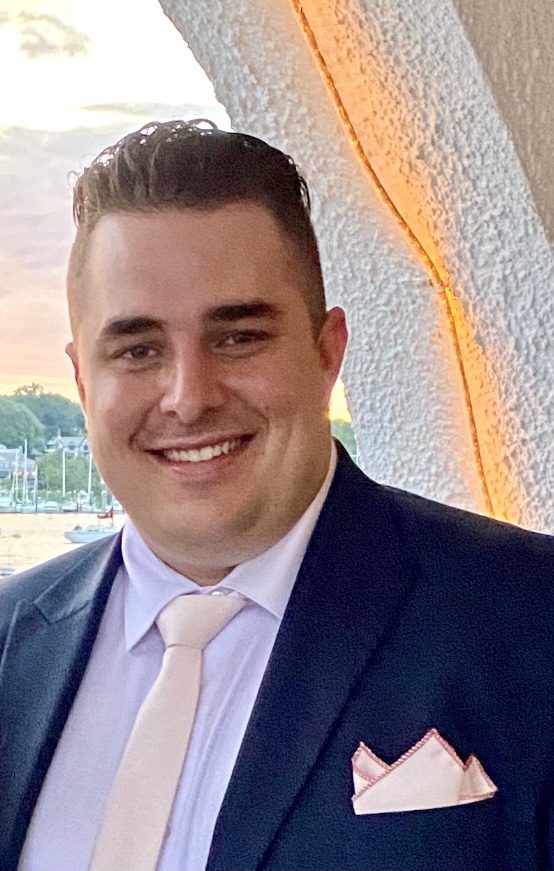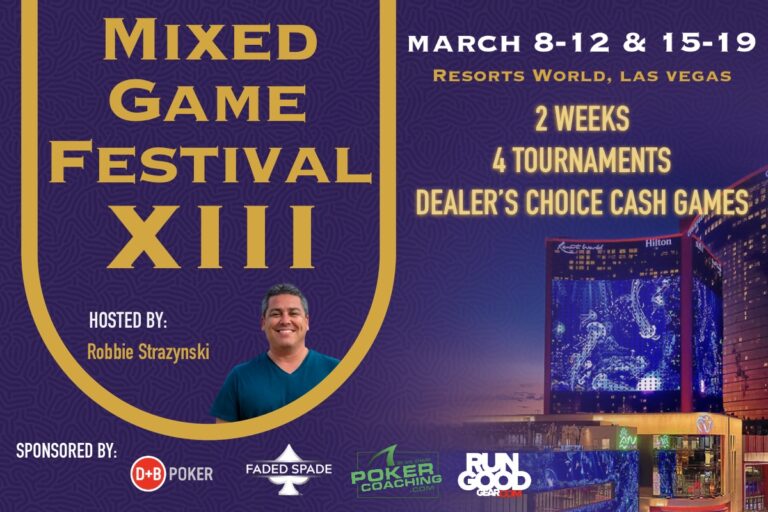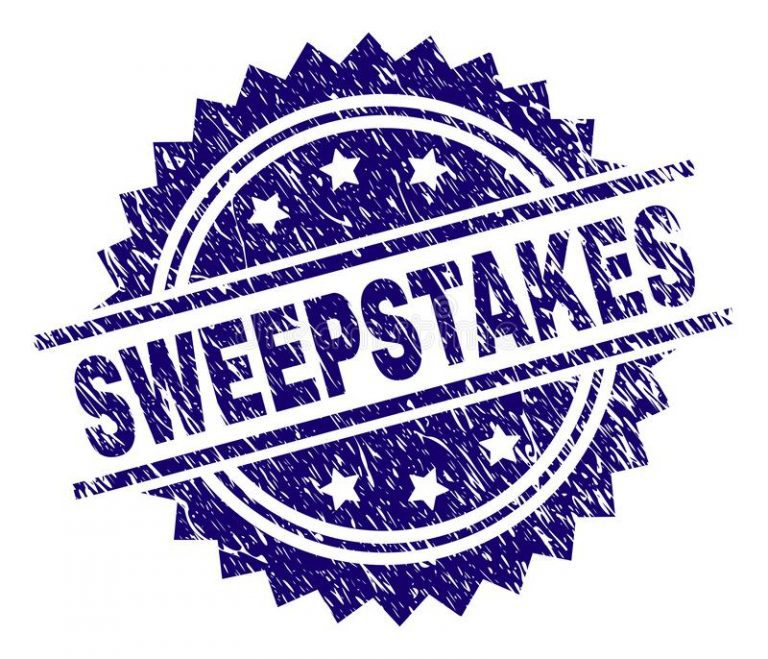Angle shooting in poker is a topic that has sparked plenty of debates over the years. Angle shooting is a controversial topic, as there aren’t always clear definitions as to what is and isn’t an angle shoot. So what is an angle shoot in poker, and why it is a BIG no-no?

What is an angle shoot in poker?
Angle shooting is when a player takes an action to benefit themselves by either deceiving the other players or breaking a rule of the game. Many angle shoots are illegal according to the poker rule book, but others are more against the unwritten etiquette of the game. The definition of an angle shoot is also fairly fluid, as some people may disagree on what is and isn’t an angle shoot. Both of these factors make this topic a debate starter.
There are a wide variety of angle shoots, string betting, hiding big chips, pump fakes, faking a misclick, or outright lying. All of them are unethical ways to try and gain an edge over your opponents. What exactly are these different kinds of angle shoots in poker, and why are they wrong to do?
String Betting
String betting is an angle where someone bets in multiple motions. For example, a player throws $25 in the betting area and then an additional $50 after the initial $25 hits the felt. String betting is against the rules for many reasons, the main one being players can use this as an angle shoot. If you throw out $25 and then see your opponent reach for chips, you could add more money in to get them to call a larger amount. The player in this case is faking their bet amount to get additional information as to their opponent’s willingness to call.
While you likely won’t find a card room that allows this, some will rely on the players to call out a string bet and the dealer themselves won’t. If you see someone trying to string bet, whether it is on purpose or not, call it out. If it was a mistake then they can use it as a learning experience. If it is not a mistake, then calling it out could save you from giving away information. Taking this angle is wrong because you are actively trying to trick players into paying more than they are obligated to. This is very manipulative and should never be done at the poker table. If you want a player to call a big bet, then just bet big. Don’t bet small and try to quickly make it bigger because they look ready to call.
Hiding Big Chips
When playing poker, you are obligated to have all of your chips you have on the table and for them to be clearly visible to all players. When playing in a game that uses some larger denomination chips, you need to make sure those are front and center for everyone to see. When you have a small number of high-value chips, hiding them would give your opponents the wrong impression as to what your stack size is. Some players will try to use this to their advantage by keeping big chips behind a stack of small ones, so when they go all in it looks like they have far less than they actually do.
Hiding your chips is highly unethical as you are trying to deceive players as to how much they are playing for. Most casino dealers will tell the players to keep their big chips in view, but if someone does successfully hide them, it is not against the rules, strictly speaking. When you call an all-in and the player reveals a few $25 chips behind a stack of $5, they may get a warning, but you will still have to pay the full amount. This is one of the more egregious ways to angle shoot. Actively hiding your chips to appear shorter stacked, only to reveal them once an opponent has committed to calling your all in is a classless move. Don’t be the player who is deceiving others this way, keep your big chips on display for everyone to see.
Pump Fake
Certain unethical players may utilize a pump fake as their preferred angle shoot. A pump fake angle shoot in poker can be used either to fake calling or folding. Players may do this to gain information as to what their opponent is going to do. If a player is facing a river all-in and they grab chips and start to throw them, then stop and stare at their opponent, this is a pump fake. The player is pretending to call so they can see if the player feels good or bad about the call. The same can be done by fake folding, the angle shooter may pick up their cards and pump fake them, making it look like they are about to fold, to see if their opponent reacts to it.
This is incredibly unethical because, again, the angle shooter is attempting to draw out information from their opponent as a way to gain more information. While again not illegal, this is certainly unethical. Some casinos will have forward motion rules, meaning a player cannot start to slide chips out and then stop. There is no rule against fake folding, and some casinos don’t even have the forward motion rule, but either way, the pump fake is an unethical way to try and gain information and you should not employ this strategy.
The Fake Misclick
A “misclick” is a common term used in poker for when someone makes a mistake in the amount they are betting. The term was coined in the online poker realm where fat finger errors could lead to comically small or large bets, but the term is now used in live poker as well when someone uses the wrong denomination or amount of chips. Faking a misclick can be used to try and goad opponents into calling or raising comically large bets. For example, let’s say it is an early level in a live tournament, 100/200, and a player goes to raise preflop by saying “five” and throwing in a 5,000 chip instead of a 1,000 or 500. They then immediately act shocked or surprised and like they meant to raise it to 500 but “accidentally” raised 5,000. This is a move angle shooters will take to try and make it look like they opened massive by mistake when really, they have AA or KK. While not against the rules, this is certainly unethical. Trying to take advantage of other players by lying and manipulating them is not the right thing to do in poker. Using live tells is one thing, but outright manipulation is not the way to gain an edge in live poker.
Another version of this fake misclick is a verbal fakeout. This was famously done at an EPT final table some years ago. A player arrived at the river with a full house, holding 56 on a K3556 board. His opponent bet the river with KQ. The player with a full house cut out calling chips, said “raise,” and slid out the calling amount. He then said “I mean call, I meant to call” but his verbal action was binding. The floor rules that he does have to put in at least a min-raise, but also warned his opponent that this was done earlier in the tournament when he had the nuts. The player with KQ called and everyone saw the full house. You can see by the other players’ expressions they are disgusted with the action. This was a horrendous display of poor etiquette and poker angle shooting.
Lying (sometimes)
Lying is a tricky subject in poker, as bluffing is part of the game, and bluffing is synonymous with lying to many people. Poker is a game of imperfect information, so deceiving your opponents by your betting line is a large part of the game. How you play a hand can convey strength or weakness, and using that to your advantage as a bluff is not an angle shoot in any way. Players also use speech play in their deceptions. Some players find they gain an edge when they talk during a hand, either trying to convince their opponent to call or fold with their speech play. Speech play is not used by everyone. In today’s game, you will most likely find people remain silent in a big pot, but some still rely on their way with words to give themselves an edge. In this case, there is no problem with lying. Pretending to be weak when you are strong or saying that you are bluffing when you aren’t is just part of speech play. There is, however, a point when speech play becomes angle shooting.
A famous example of using speech play and lying as an angle shoot is the televised hand between Tony G and Phil Hellmuth on the show The Big Game. Tony G is in the double straddle and Phil opens to the pot limit (this was pot-limit preflop, no-limit after the flop) with AJo. Tony G quickly looks at AK and re-pots it for over 2/3 of Hellmuth’s stack. Tony claims he still hasn’t looked and after being questioned, he continues to say he hasn’t looked. Against a blind hand, AJ is great, so Phil goes all-in since he believes Tony. Tony G snap calls and reveals the AK to which Phil remarks “oh you lied”. Tony comes back with a classic “of course I lied, it’s poker Phil!” This hand is incredibly entertaining to watch and sparks an interesting debate: is lying like this an angle shoot or just part of speech play? This is right on the cusp, as there is a fine line between angling and speech play. I think most players would agree this is an angle to an extent, but it is also up to Phil to pay attention to the action. While not definitive, you shouldn’t make moves like this a regular part of your game. Best to stick to playing your hand and using conventional speech play if you desire.
While angle shooting comes in many shapes and sizes, some may be technically legal, but all are immoral. Many people not involved with poker view the game as a cut-throat community of liars, scammers, and cheats. Those of us in the poker world understand that is not the case. Of course, there are some unsavory characters, as they are in every community, but loving poker does not mean you are going to become one of them. In order to combat this negative connotation, poker players need to stop angle shooting and call out others for doing so. The last thing you want is the be the scummy angle shooter at the table. Do yourself, and the rest of the community, a favor by just playing the game straight up, and don’t look to take advantage of others by angle shooting.






